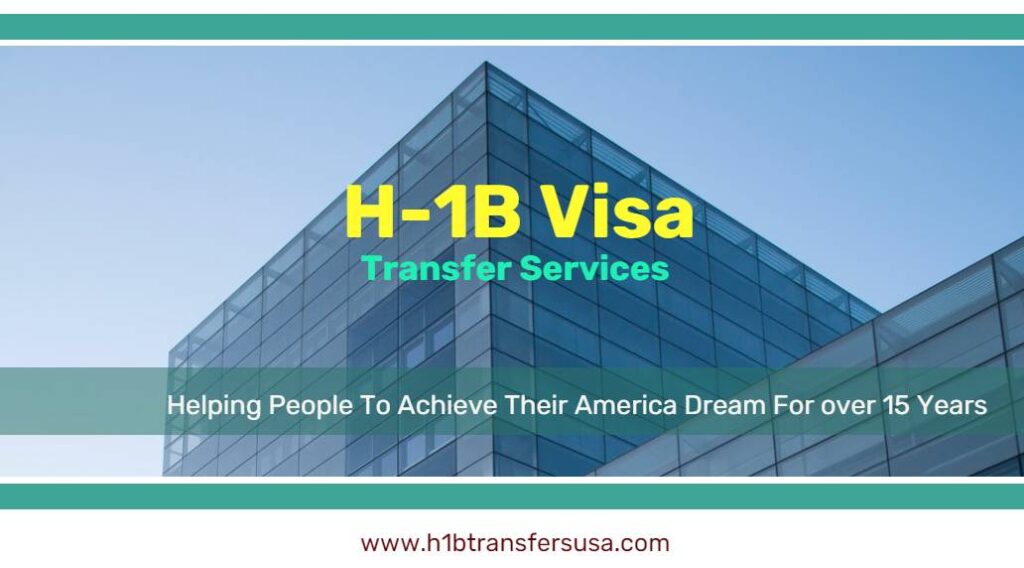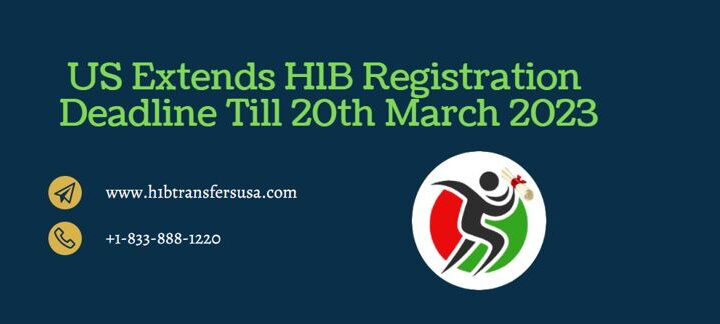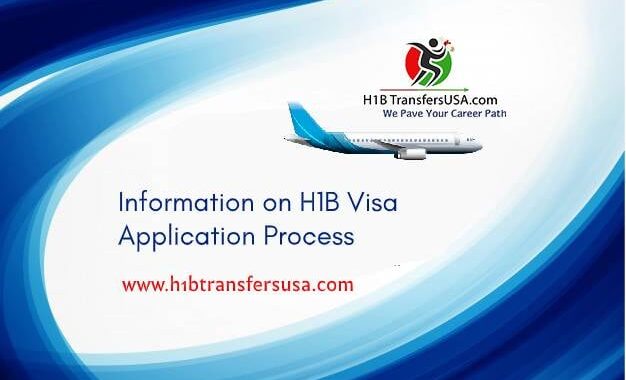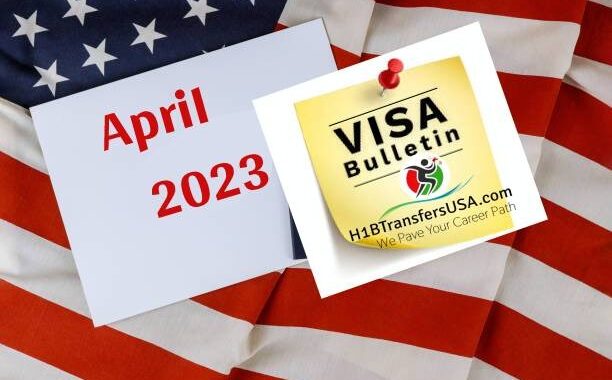Update On Suit Over Government Delays In Adjudicating Approval Of H-4, L-2 Visa Extensions
2 min read
In Washington federal court, H-4 and L-2 spouses are continuing their battle to end the delays in approving visa extensions and work authorization – some of which are taking over a year to adjudicate. The plaintiffs in Edakunni v. Mayorkas are asking the court to decide whether this constitutes an unreasonable delay.
The plaintiffs contend USCIS isn’t utilizing its workforce effectively and is continuing adjudication delays to force more petitioners and candidates to pay for premium processing and, hence, help USCIS with its budgetary issues. The government counters that the delays are essential because of the disturbances caused by COVID-19 and. That the harm suffered by the plaintiffs is “purely economic harm and doesn’t implicate human health or welfare” – therefore, is not unreasonable.
Update On Govt Delays In Adjudicating Approval Of H-4, L-2 Visa Extensions
Leading organizations and companies, along with the U.S. Chamber of Commerce, filed an amicus brief for the situation. Taking note of the delays in EAD adjudications are “directly and indirectly” affecting the economy. The organizations argued that when the highly educated and highly skilled spouses of the 580,000 H-1B and 75,000 L-1 visa holders can’t get work authorization. These people will ultimately decide to leave the United States and take their talents to different nations.
Also, the organizations clarified that the costs are not “purely economic“. Many visa holders have made “irreversible life decisions” about housing and having children. And “indeterminate gaps in employment authorization” are leading to increased anxiety and depression among those affected.
[DHS to withdraw “duration of status” rule]
Moreover, the American Immigration Lawyers Association (AILA) sent a letter to USCIS in March 2021 with ideas on how to deal with the delays:
- Grant automatic extensions for timely filed EAD applications;
- Allow earlier filing of EAD renewals; and
- Eliminate unnecessary biometrics.
In May, USCIS eliminated the biometrics requirement for certain applications. Including H-4 and L-2 applications, in response to a declaration in Edakunni. However, none of AILA’s different proposals have been received and the delays continue.






